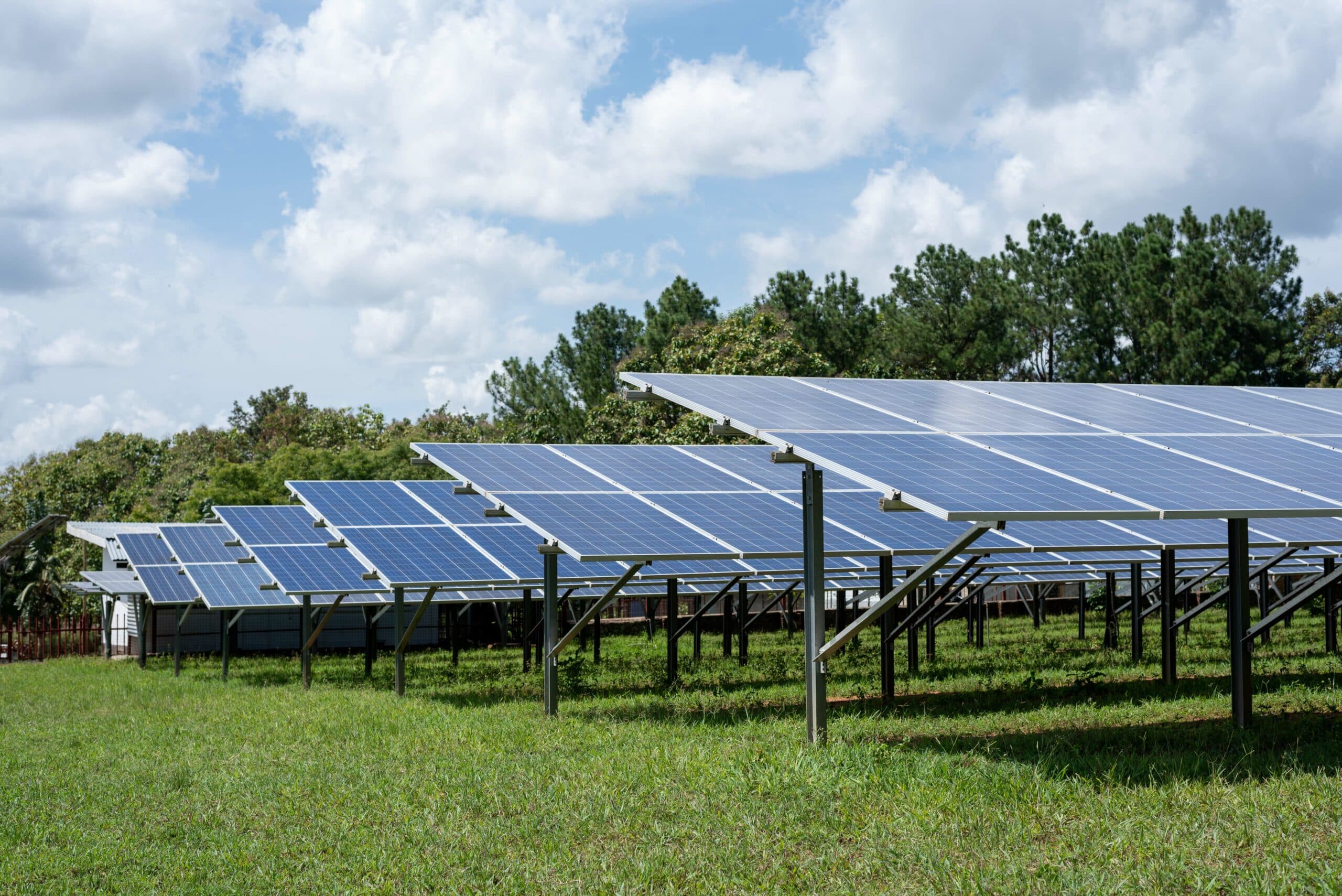Lesotho continues to make headway in identifying solutions that foster the country’s electrification, sustainable development and climate goals. In partnership with GET.transform, the Ministry of Energy has explored the potential role of carbon finance and trading in mobilising clean energy investment. The resulting study, authored by GFA, provides recommendations for a robust and gender-sensitive carbon finance framework.
Lesotho aims to improve energy security and access whilst also honouring the climate pledge (Nationally Determined Contribution, NDC) commitment of 10% reduction in greenhouse gas (GHG) emissions by 2030. Integrating more renewables (RE) presents an opportunity to address these goals simultaneously, yet challenges like infrastructure gaps, lacking capacity, and upfront costs have hindered greater RE deployment so far.
By monetising emissions via carbon credits, carbon finance could bridge the initial financial gap in renewable energy projects. A main barriers to carbon financing, however, is the limited awareness among stakeholders, including local communities and investors.
The carbon finance study, produced in the context of the European Union funded Renewable Lesotho Programme, now offers practical recommendations, focusing primarily on capacity enhancement and institutional readiness. Insights were derived from integrated findings of desk research and an on-site mission in Lesotho. Looking at Lesotho in the broader context of Sub-Saharan Africa, the report also uses case studies from Burundi, Malawi, Rwanda and South Africa. It holds crucial information for improving access to carbon finance and identifying alternatives.



